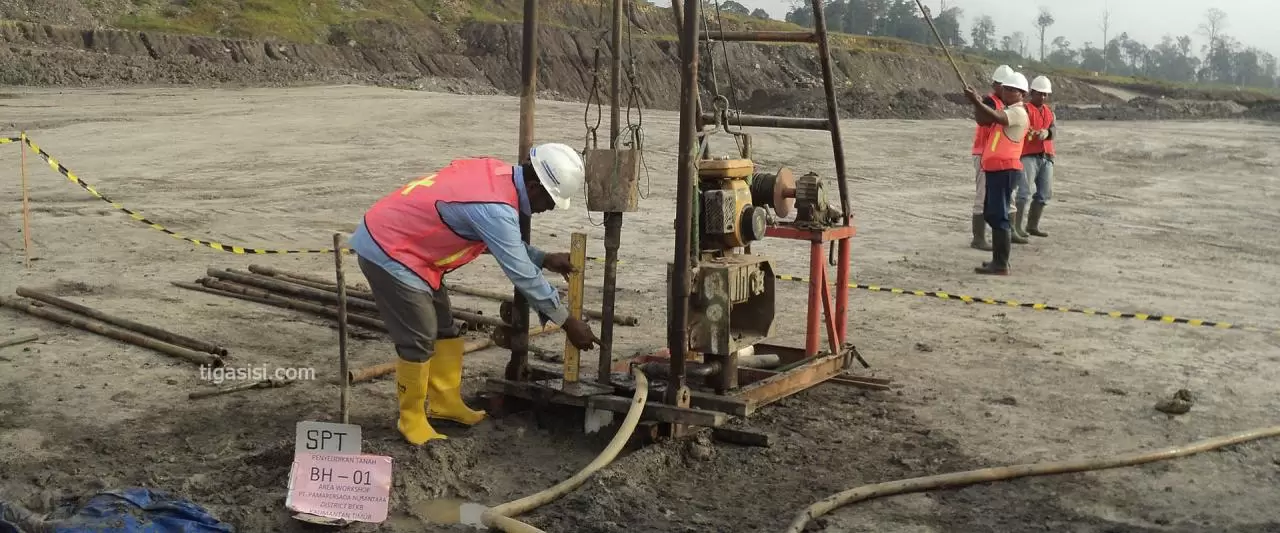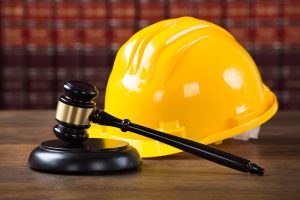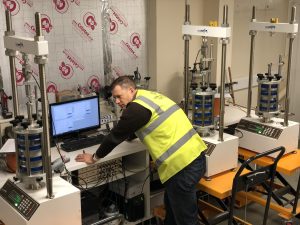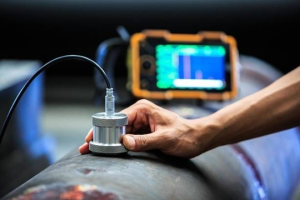Why do some buildings stand the test of time while others develop cracks or, worse, collapse?
One crucial factor that often determines the durability and safety of a structure is the condition of the soil beneath it.
What is Soil Testing and Why is it Important in Construction?
Soil testing involves analyzing soil samples to determine their physical, chemical, and mechanical properties. This process provides essential data that helps engineers and construction professionals assess whether the soil can support a proposed structure. Testing typically includes:
- Soil composition analysis: Understanding the ratio of sand, silt, and clay in the soil.
- Moisture content evaluation: Measuring the water content to determine how it may impact soil behavior.
- Load-bearing capacity testing: Assessing the soil’s ability to withstand the weight of the structure.
- Compaction and density checks: Ensuring the soil is compacted enough to avoid settling or shifting.
Understanding the specific characteristics of the soil provides a reliable foundation for all subsequent construction decisions. Without it, the risk of unexpected issues increases significantly, potentially endangering both the structure and its occupants.
How Does It Enhance Construction Safety?
When the ground beneath a building is unstable, the risks of structural damage, cracks, or even catastrophic failure increase significantly. Here’s how soil testing directly contributes to construction safety:
- Prevention of Foundation Failures A building’s foundation is only as strong as the soil it rests upon. Soil testing identifies potential issues such as expansive soils, which can swell and shrink due to moisture changes, or loose, sandy soils that may not provide adequate support. Armed with this information, engineers can design foundations tailored to the specific conditions of the site, reducing the likelihood of future failures.
- Mitigation of Settlement Issues Uneven settlement occurs when different parts of a building sink at varying rates due to inadequate soil support. This can lead to cracks, tilting, and long-term structural instability. Soil testing reveals areas with varying load-bearing capacities, enabling adjustments in foundation design or soil stabilization measures.
- Enhanced Earthquake Resistance In seismic zones, understanding the soil’s response to vibrations is critical. Some soils amplify seismic waves, while others may liquefy under stress. Soil testing helps engineers choose the right materials and techniques to enhance a structure’s resistance to earthquakes, protecting lives and property.
- Avoidance of Water-Related Hazards Soil testing assesses the permeability and drainage capacity of soil, which is vital for preventing waterlogging and erosion. Proper drainage solutions can then be implemented to maintain the integrity of both the soil and the structure.
Soil testing is crucial for addressing risks like weak foundations, settlement, seismic vulnerabilities, and drainage issues. By providing essential insights, it ensures structural safety and stability, laying the groundwork for durable and successful construction projects.
What Are the Benefits of Soil Testing for Stability and Longevity?
It doesn’t just ensure safety; it also adds significant value to construction projects in several ways:
- Cost Optimization: By identifying potential problems early, soil testing reduces unexpected expenses related to foundation repairs or delays.
- Regulatory Compliance: Adhering to building codes and regulations often requires comprehensive soil analysis.
- Longevity of Structures: A stable foundation, contributes to a building’s durability and reduced maintenance costs over time.
The long-term benefits of soil testing go beyond structural soundness. It fosters trust among stakeholders, boosts property value, and aligns with sustainable building practices, making it an indispensable step in construction planning.
Neglecting soil testing can have dire consequences, from structural failures to financial losses. For instance, the infamous Millennium Tower in San Francisco has sunk significantly due to inadequate consideration of soil conditions. Proper soil testing could have prevented such an issue, saving millions of dollars in repairs and preserving the building’s reputation.
At AOA Geo-Net, we understand the critical role soil testing plays in construction safety and stability. With years of experience and a commitment to excellence, our team provides reliable soil analysis tailored to your project’s unique needs. Whether you’re planning a residential building, commercial complex, or infrastructure project, AOA Geo-Net is your trusted partner for ensuring success from the ground up.
Investing in soil testing is not just a technical requirement; it’s a cornerstone of responsible construction.
Contact us today and build with confidence.




